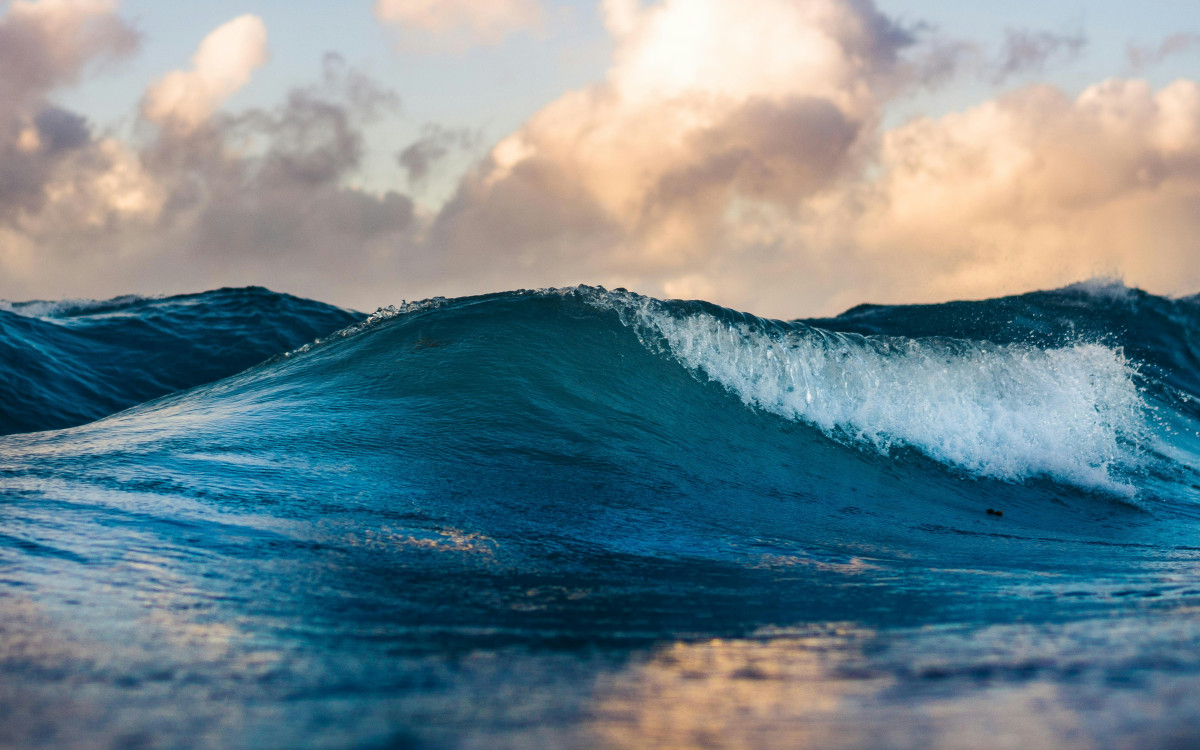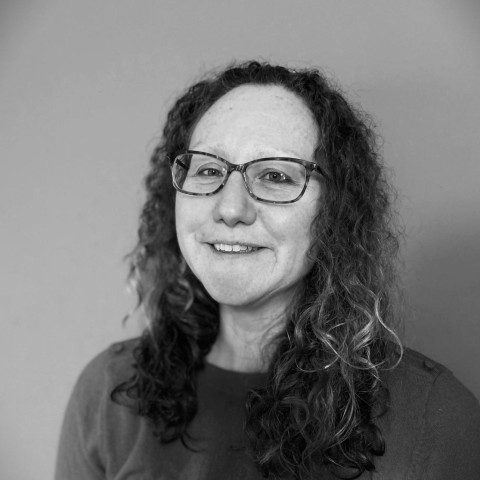Understanding 'Marine identity' can help promote marine citizenship and restore society's relationship with the ocean

New research suggests that understanding people’s deep connection with the ocean—their “marine identity”—can help us reset society’s relationship with the seas.
A diverse, international group of marine researchers and practitioners worked together to define marine identity – based on testimony and photos from multiple countries.
Dr Pamela Buchan from the University of Exeter led the group, which included Diz Glithero from the Canadian Ocean Literacy Coalition, Dr Emma McKinley from Cardiff University, who assisted in conducting the workshop, and participants from Europe, Africa, Indonesia, North America, and Australasia. Our senior researcher, Dr Liz Morris-Webb, who specialises in human-nature connection and ocean literacy, was also a part of this group.
-Over the past two years, I have been lucky enough to work with international marine researchers and practitioners to co-create the first definition of marine identity, “An identity rooted in how the ocean as a place supports the sense of self.” - says Morris-Webb.
What's your marine identity?
New research led by @UniofExeter and endorsed by the #OceanDecade defines marine identity—people's deep connection with the ocean—for the first time, and finds that understanding these identities can help restore the ocean.
👉https://t.co/rZQVyH521a pic.twitter.com/jNm9Er0jfk— UN Ocean Decade (@UNOceanDecade) October 11, 2024
This new paper drew on theoretical frameworks from different research disciplines and their global experiences working with coastal and inland communities to find common themes in how marine environments shape people’s identities. Researchers found many common themes, including traditions and customs and dependency on the ocean for recreation, livelihoods, health and sustenance. They also found differences, such as negative ways the ocean can form part of identity – particularly for those whose communities and livelihoods are at risk from extreme weather.
Recognising different types of marine identity is essential to improving marine citizenship, informing decision-makers on protecting marine identities, and nurturing healthy coastal transitions on our changing coasts and seas.
-The ocean is one shared resource around the world that most people have some connection or opinion about. Many emotions (or ‘emoceans’) are positive, whilst some are negative. How people identify with the ocean space can impact their behaviour towards it, for instance, how they protect it or support its restoration. - Morris-Webb sums up.
The group agreed upon a broad definition of marine identity: “An identity rooted in how the ocean as a place supports the sense of self.” This is the first time an international, cross-cultural definition of marine identity has been agreed upon. By helping to define and raise awareness of the term, the researchers hope to promote “marine citizenship” – people exercising their right to be involved in marine decision-making and taking responsibility for the ocean.
-The ocean is our planet’s life support system, driving its climate with complex but fragile oceanographic processes. However, it is threatened by many changing climatic and human stressors. People increasingly need to recognise what the ocean does for us and how we all (from individuals to industry and governments) can do our bit to protect it. - Morris-Webb said.
Dr Pamela Buchan, a marine social science researcher from the University of Exeter, summed up: "Challenge 10 of the United Nations Decade of Ocean Science for Sustainable Development (2021-2030) calls for restoring society's relationship with the ocean. We know identity drives people more than values – and people react to threats to their sense of self. As a result, marine identity could have a powerful impact on protecting and restoring the ocean."
The paper, published in People and Nature, is entitled: “A transdisciplinary co-conceptualisation of marine identity.” The UN Decade of Ocean Science for Sustainable Development and the EU Mission Ocean & Waters endorsed the project. This is not the first time our researchers contribute to UN decade of Ocean. The EmpowerUs and Prep4Blue projects worked together to contribute to Challenge 9 of the Ocean Decade: “Skills, knowledge, technology and participatory decision making for all”, you can read about their other contribution here.

